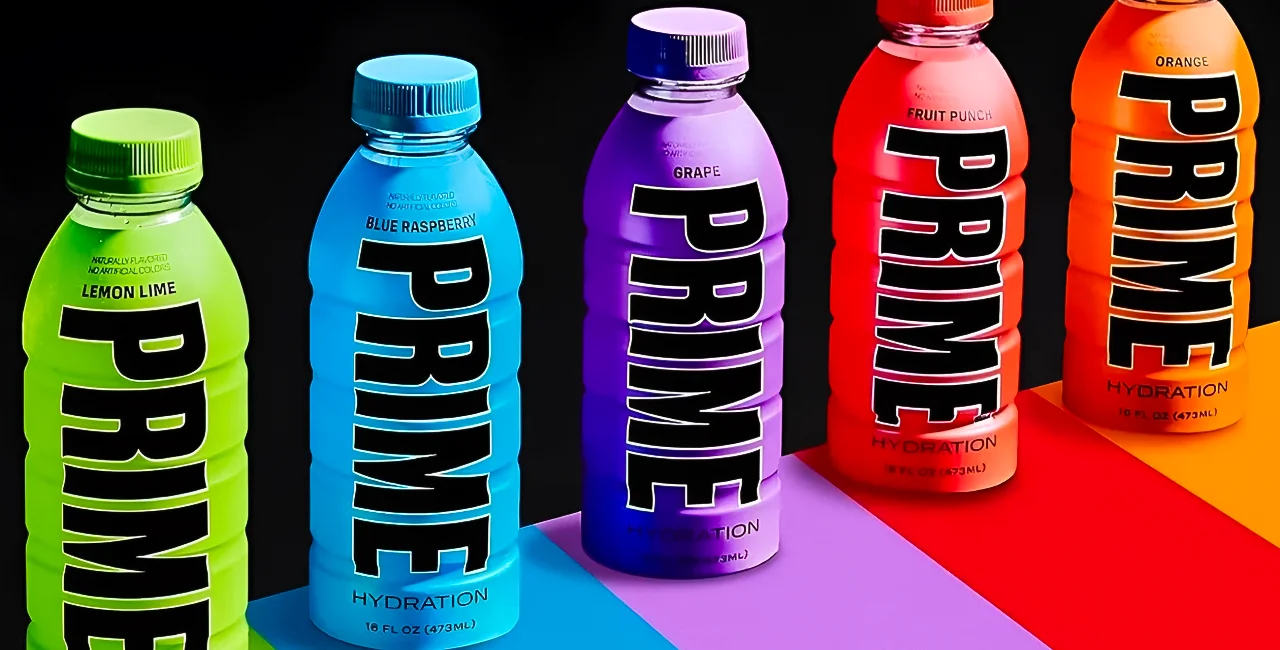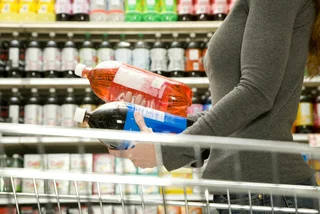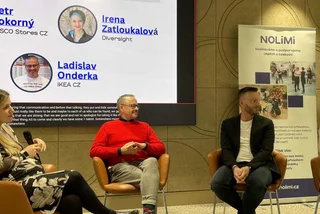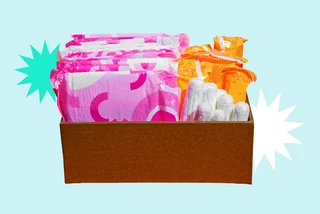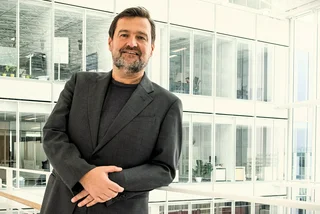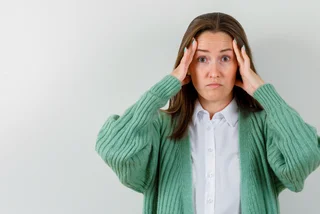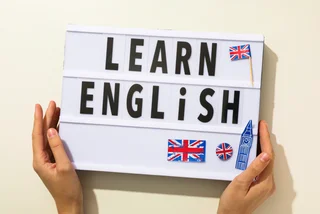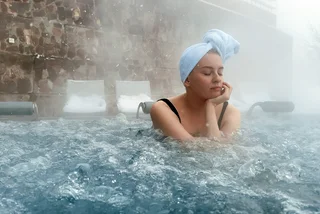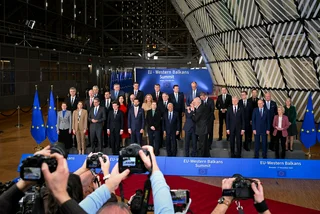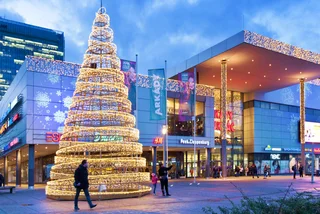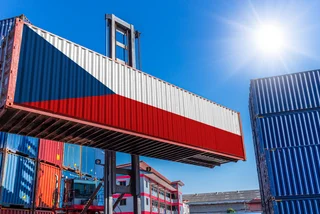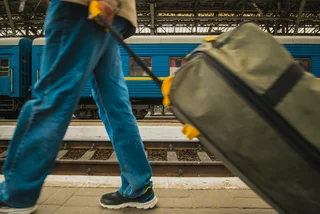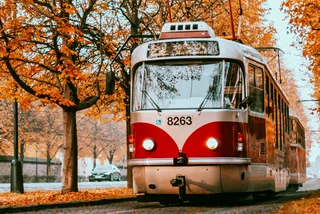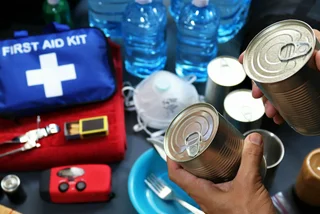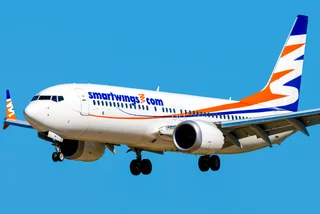Czech schools, parents, and health authorities have expressed growing concern about the impact of Prime's Energy and Hydration drinks on children, according to multiple Czech news reports.
The concern extends beyond the drinks’ high caffeine and potassium content; their premium price tag has also raised eyebrows, with bottles of Prime becoming the status symbol of the moment in Czech schools.
PARTNER ARTICLE
This pricey beverage, which has been on the worldwide market since last year, has recently gained prominence in schools, sparking grassroots efforts among Czech schools and parents on social media to address its influence.
As a result, the Chamber of Deputies is currently deliberating regulatory measures in response to the surging popularity of all kinds of energy drinks among schoolchildren.
'A dose fit for horses'
The majority of concerns surround the Prime Energy drink. Released in 2022, the 355-milliliter (ml) drink – heavily promoted by U.S. social media influencer and drink co-inventor Logan Paul – contains 200 ml of caffeine. This is equivalent to either two Red Bull energy drinks, four cups of espresso, or six cans of Coca-Cola.
Speaking about the caffeine content in Prime Energy, nutrition expert Martin Jelínek told Czech publication Seznam Zprávy: "I would call that almost a dose fit for horses. It's not healthy for anyone, let alone children.”
Prime's 500 ml Hydration drink, devoid of caffeine and rich in potassium, also raises worry. Experts debate its suitability for sports nutrition and daily consumption. Excessive potassium levels could pose health risks, while some argue it may benefit athletes. However, overindulgence could harm the cardiovascular system, especially among children, given additional harmful substances in Prime drinks.
"The composition of the Hydration variant makes almost no sense from the point of view of sports nutrition, and it's not exactly a suitable choice for everyday drinking either," nutritional therapist Jan Stuparič from the Institute of Modern Nutrition told Seznam Zprávy.
Why is Prime so expensive in Czechia?
In addition to health concerns, Prime also strains parents' wallets in Czechia. While it costs around CZK 50 in the U.S., a bottle of Prime Hydration can set you back CZK 200 in Czech supermarkets or even CZK 300 in convenience stores. The steep price can be attributed to surging demand, driven by its "hype factor," making it a sought-after status symbol. Moreover, importing the drink from overseas results in added expenses due to high import taxes and customs duties.
Schools raise awareness of dangers
The growing popularity of Prime drinks among Czech youth has led schools and addiction specialists to unite in urging parents to stop buying the drink for kids.
Some primary and secondary schools have even launched an appeal to parents, warning them not to purchase the beverages for their children. Schools highlight the inappropriateness of such a potent energy drink for kids, which can hinder their sleep, development, and classroom performance.
Dangers of prime energy drink.https://t.co/nagpLqIRjc pic.twitter.com/L7NKgT6j0l
— Valerie ðŸðŸ‡ºðŸ‡²ðŸ¸ðŸ–ï¸ðŸ–•ðŸ’Š (@BroskyValerie) May 29, 2023
Efforts are underway in the Czech Republic to make energy drinks less accessible to children, with discussions occurring in the Chamber of Deputies on potential regulation. Proposals range from an outright ban on sales to minors to softer forms of control, such as marketing restrictions or mandatory contributions by manufacturers to a fund for educational campaigns.
Earlier this year, BBC News reported that Canada announced it would recall the energy drink from supermarket shelves due to Prime exceeding the country’s caffeine limit. In August, the Netherlands outright banned the drink, following the footsteps of New Zealand, which halted all sales in June 2023.
A report this week from the State Health Institute found that one in 10 young Czechs tends to consume energy drinks in risky amounts. According to a Health Behavior in School-aged Children survey, 10 percent of Czech schoolchildren between the ages of 13 and 15 “regularly consume energy drinks.”
Over the summer, Czechia’s lower house discussed passing a law that would ban the sale of energy drinks to under-18-year-olds.












 Reading time: 3 minutes
Reading time: 3 minutes 